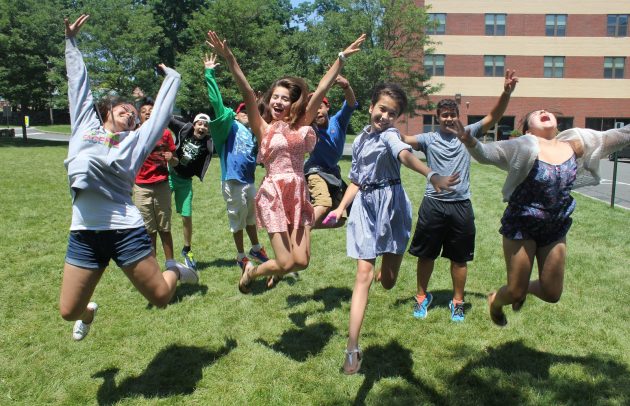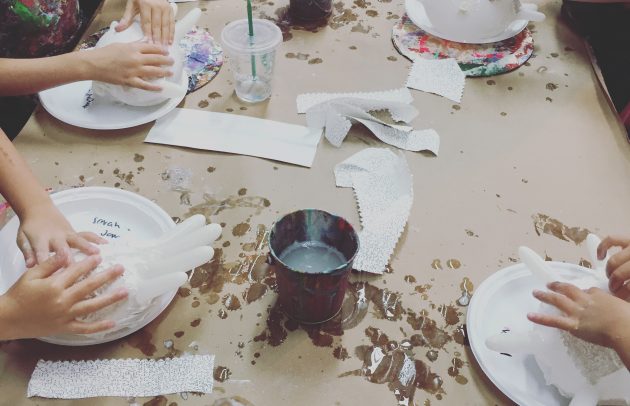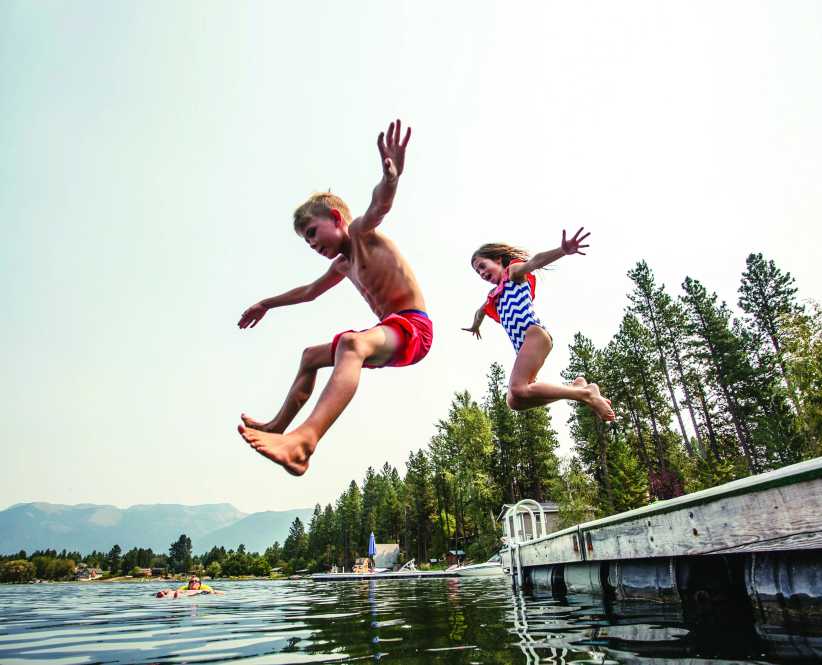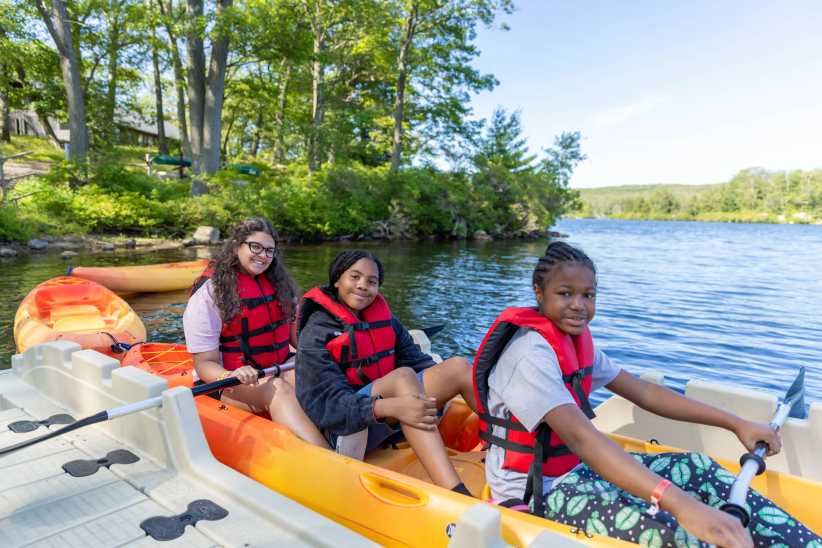
Some kids love traditional day camps and sleepaways, but others might seek shorter and more specialized sessions. Now there are more options than ever for a personalized summer experience; you can enroll your child in several camps for sessions as brief as one week. Despite their brevity, alternative-length camps overwhelmingly encourage creativity and individually-paced learning and development. Plus, plenty of kids out there have more than enough interests to engage in quite a few different summer experiences.
“Kids go through an enormous amount of material in a short period of time at our camp, and have fun doing it,” Steven Fink, the founder of SummerTech, says. A computer science camp located on SUNY Purchase’s campus, SummerTech is one of many that offer flexible scheduling; campers can attend as many one-week sessions as they desire, and can either attend during the day or sleep over in Purchase’s dorms.
At SummerTech, kids might stay a single week or an entire summer, but each camper moves through a curriculum at their own pace, guided by their counselor (never more than three campers to a counselor ensures an individualized approach). And while it might seem like short-term camps lack community, SummerTech often matriculates its campers into counselors—currently, 95 percent of counselors were once campers. Campers and counselors both have a hand in crafting curriculum: counselors through developing their own electives to teach, and campers through suggestion. All levels of experience are encouraged. “When the camper shows up, even in week three, they’re just starting where they start, and continue where they continue,” Fink says.
[gravityform id=”17″ title=”false” description=”false” ajax=”true”]
One-week sessions, while they may seem brief, give ample time for a deep dive into a topic or project. “Our kids are really yearning for deeper engagement, and I think most kids are,” Writopia founder and executive director Rebecca Wallace-Segall says. “I think kids are much more willing to and enjoy focus and deep engagement much more than adults give them credit for.” And such engagement and focus is paramount at Writopia, where children work on writing in multigenre workshops: according to Wallace-Segall, a week is the perfect amount of time to write one short story, one play, or a collection of poems.
“Our goal is always project development and completion,” Wallace-Segall says. A week gives young writers time to finish a main workshop project and also engage in two electives, such as songwriting, filmmaking, or graphic novels. Where she says electives are usually 45 minutes each (and more numerous) at other camps, they devote an hour and a half to each (and three hours to the morning writing workshop). Writopia also offers a playwriting and performance camp, as well as a two-week writing sleepaway in the Poconos.
ConstructionKids is another alternative camp that offers one-week sessions, where COO Tony Kent says, they “don’t prescribe what children build,” but rather they “give them projects involving those themes.” (Themes could be cars, skateboards, or other projects.) “We give them the parameters of what they’re doing, but then we want them to use their skills and creativity to take them in different directions,” he adds.

The camp’s hands-on education encourages imagination and problem-solving, as well as responsibility: though the projects are kid-friendly, the tools are very much real. “One of the reasons that we [have week-long sessions] is so we can introduce more tools and more projects [in that time], and the projects and what they design during the week will get more and more complex,” Kent says. Also, kids can move on to a new project after a week has passed. Often campers will return for the summer and take a class they’ve already taken; the freedom to find their own construction process allows them to attempt making something in a completely new way.
And if even a one-week session is too much for your child—or too much for you to plan—The Craft Studio has you covered. You can drop in any day you want, and no two days will be the same. The curriculum is always changing: it depends on the ages of the children in attendance on that given day and selected from several pre-prepared activities. “I think that it just opens the door for so many people who would otherwise not come in,” owner Lindsey Peers says. The Craft Studio can serve as a rainy-day backup or a camp for kids who just can’t commit to any camp session. “I think people sometimes just don’t love the idea of scheduling every minute of free time for their children,” Peers says. “I think they love the idea of being a little more flexible.”













